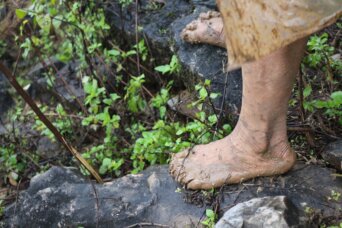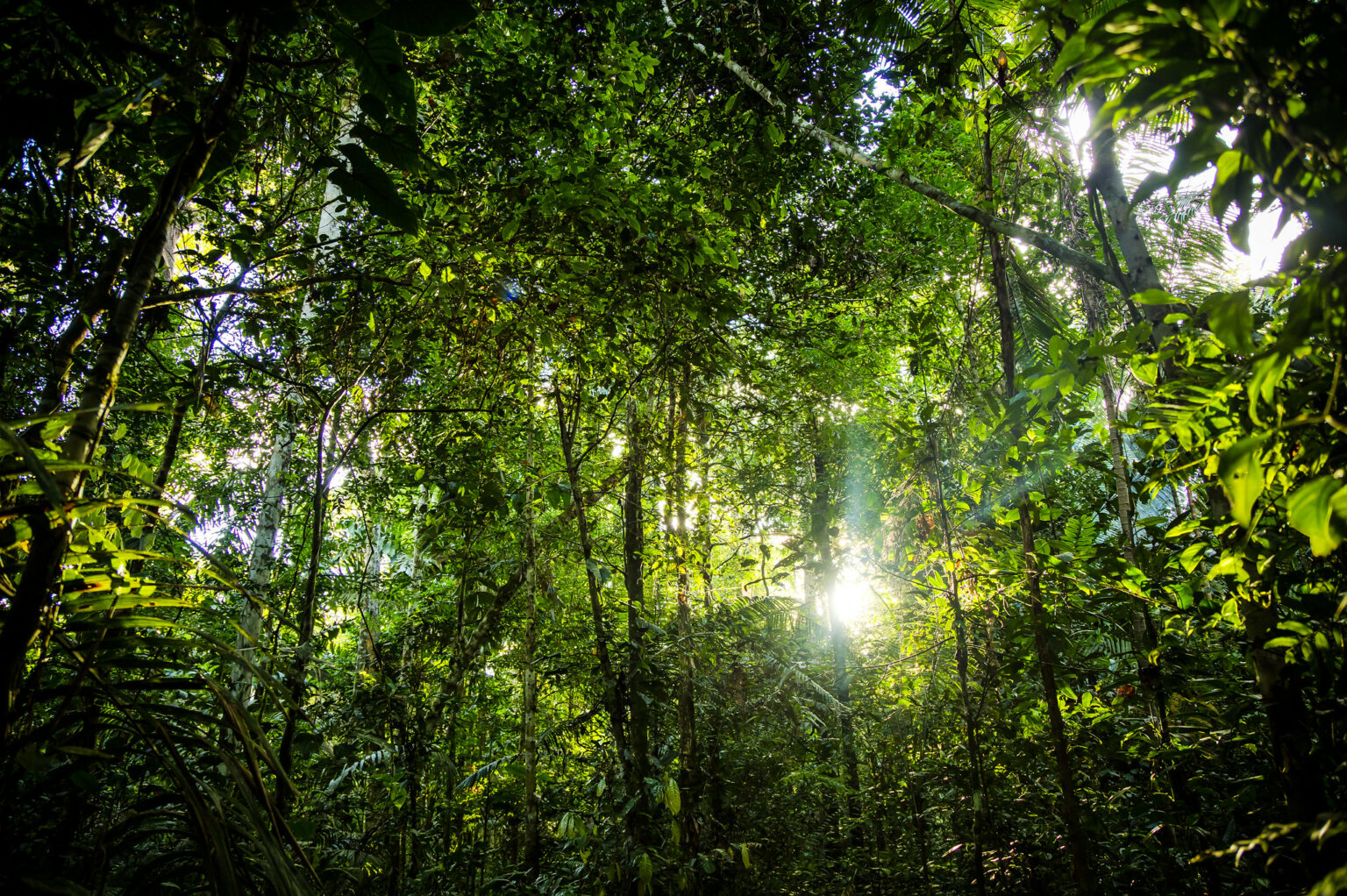- About
- Topics
- Picks
- Audio
- Story
- In-Depth
- Opinion
- News
- Donate
- Signup for our newsletterOur Editors' Best Picks.Send
Read, Debate: Engage.
| topic: | Poverty |
|---|---|
| located: | Thailand, Burkina Faso, Madagascar, Brazil |
| editor: | Bob Koigi |
The rate at which trees are planted remains dismal. Each year an estimated 15 billion trees are cut down, which means about 46 per cent of all trees have been felled since mankind started engaging in the damaging practice.
At the same time, the World Bank approximates that over 780 million people the world over live below the international poverty line with about 75 per cent of them dwelling in rural areas. The rural poor have traditionally relied on forests to earn a living. And with the fast spread of the Covid-19 pandemic, the Bretton Wood institution projects more than 71 million more people will be pushed into poverty and could be headed to rural areas as business opportunities and jobs diminish. Part of their fallback plan would be income from forestry and forest products. Yet wanton deforestation continues unabated.
But from ecotourism in Thailand and Costa Rica, forestry producer associations in Burkina Faso that are predominantly women-led earning from shea nut value chain to sustain their livelihoods and educating their children, to vanilla cultivation in Madagascar that has opened export opportunities for local farmers, agroforestry continues to play a critical role beyond fighting climate change and fostering biodiversity to being a crucial aspect of tackling poverty. A recently released report by the International Union of Forest Research Organizations, IUFRO, dubbed 'Forests, Trees and the Eradication of Poverty: Potential and Limitations' makes a strong case for reviewing poverty eradication interventions by having forestry at the heart of these conversations and anchoring them in national policies going by the traditional body of evidence that has demonstrated the pivotal role trees play in uplifting, especially the lives of the rural poor.
As nations work to attain the Sustainable Development goal number one of “Ending poverty in all its forms everywhere by 2030,” the world must be alive to the fact that forests can no longer be handled with the same attitude they have been for centuries because they are a vital ally in achieving that goal and leaving no one behind.
Image by Phúc Tạ

